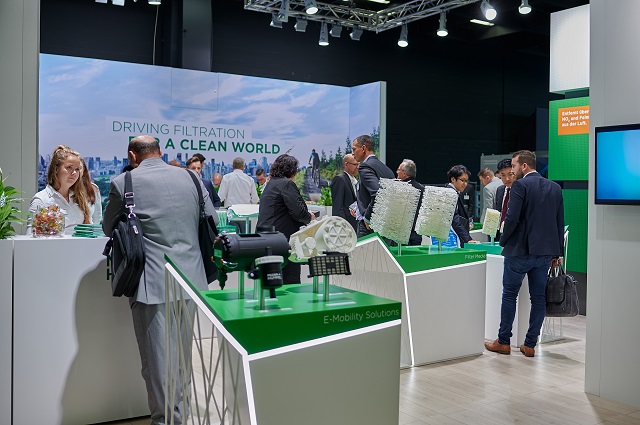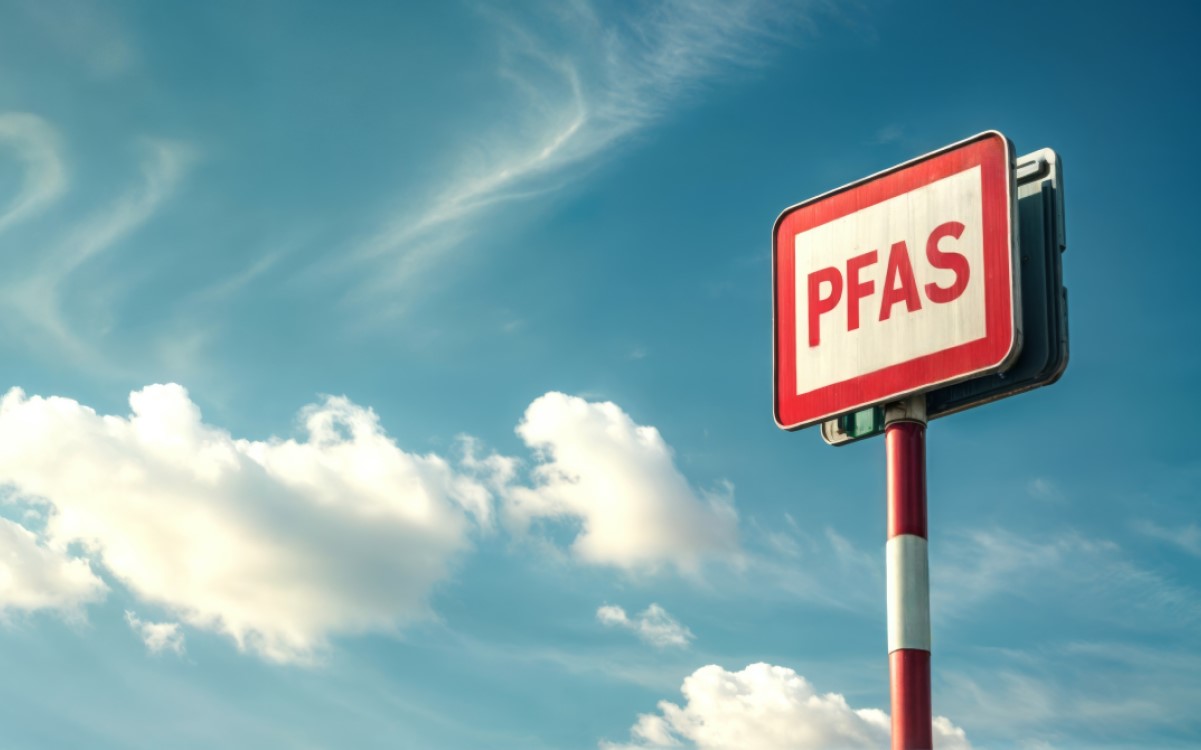For years, experts have discussed the introduction of a fourth purification stage for sewage treatment plants. The reason for this is the observation that a growing number of trace substances are being found in bodies of water that cannot be filtered with conventional water treatment. These mainly comprise nitrate from agriculture and residues of pharmaceuticals, including human and veterinary drugs. Then there is a large number of other problematic substances, such as pesticides, household and industrial chemicals, polycyclic aromatic hydrocarbons (PAH), mercury, microplastics, nanoparticles, and antibiotic-resistant pathogens.
In discussions on this sensitive issue, sewage treatment plant operators point to the "polluter-pays" principle. Strict compliance with this concept is intended to reduce discharges, as the lower the amount of pharmaceutical residues discharged into wastewater, the less fertilizer that finds its way into the water cycle, and the fewer nanoparticles that are released into the environment, the lighter the impact on wastewater treatment facilities. But what happens to the residues that end up in wastewater in the meantime, before plans of this type can be implemented? And can the contamination be sufficiently reduced through prevention measures to the extent that render additional treatment processes unnecessary?
Filter systems for reducing pollution in water
At the next FILTECH visitors will have the opportunity to experience innovative solutions that reflect the current state of the art in terms of wastewater treatment. Again in 2021 a large number of exhibitors will be presenting their products and services – so far FILTECH reports over 340 registered exhibitors. These specialized providers are among them: Andritz, which manufactures different products and offers solutions designed for wastewater treatment plants; Blücher, which manufactures process and wastewater treatment plants as well as systems for removing trace substances; Haver & Boecker; Math2Market and many more.
Some of the presented technologies
The company ECOFARIO also expects to garner a great deal of interest among visitors. The Munich-based start-up is working on implementing a technology that could virtually replace a fourth purification stage in sewage treatment plants going forward. Its High-G separator is said to be able to remove up to 99.9% of the microparticles found in wastewater – including adhering contaminants, drug residues, and hormones.
The Fraunhofer Institute for Laser Technology (ILT) is using a similar approach, but with a filter, which clearly defines the separation rate of all floating, suspended, and sedimentary matter and is independent of the flow. In collaboration with the companies Klass-Filtertechnik, LaserJob, OptiY, and Lunovu in a pilot project, the Fraunhofer ILT is developing a cyclone filter with a pore size of 10 micrometers, which is designed to separate microplastics from the wastewater stream in sewage treatment plants.
The topic of microplastics in wastewater and other waters is also being addressed by Wasser 3.0. The non-profit company aims to provide solutions from the world of materials science to improve water quality and recently began researching a process to agglomerate microplastics. Clumped together, microplastic particles collect on the water surface and can be skimmed off.
"The booking status indicates that the decision to enlarge the event to cover two exhibition halls was the right one", says Suzanne Abetz of FILTECH Exhibitions Germany. With the latest ventilation technology, the modern halls 7 and 8 of Koelnmesse support the safety and hygiene concept for the event which includes a safe hall layout, availability of disinfectant at all essential points and masks to wear when not seated.
Solutions for water, soil, and air
It is becoming increasingly apparent that the sustainable treatment of wastewater cannot be an "either-or" approach, but that both concepts need to be considered – avoiding discharges on the one hand and effectively removing substances that can be harmful to humans and the environment on the other. Operators of municipal and industrial wastewater treatment plants are receiving support from the manufacturers of filter technology for water and wastewater. They offer marketable, efficient cleaning solutions for wastewater that can remove drug residues, active fertilizer compounds, chemicals, and pesticides. Manufacturers will be presenting their entire range of innovations at the FILTECH in Cologne from February 23–25, 2021.
Further information: https://filtech.de/







